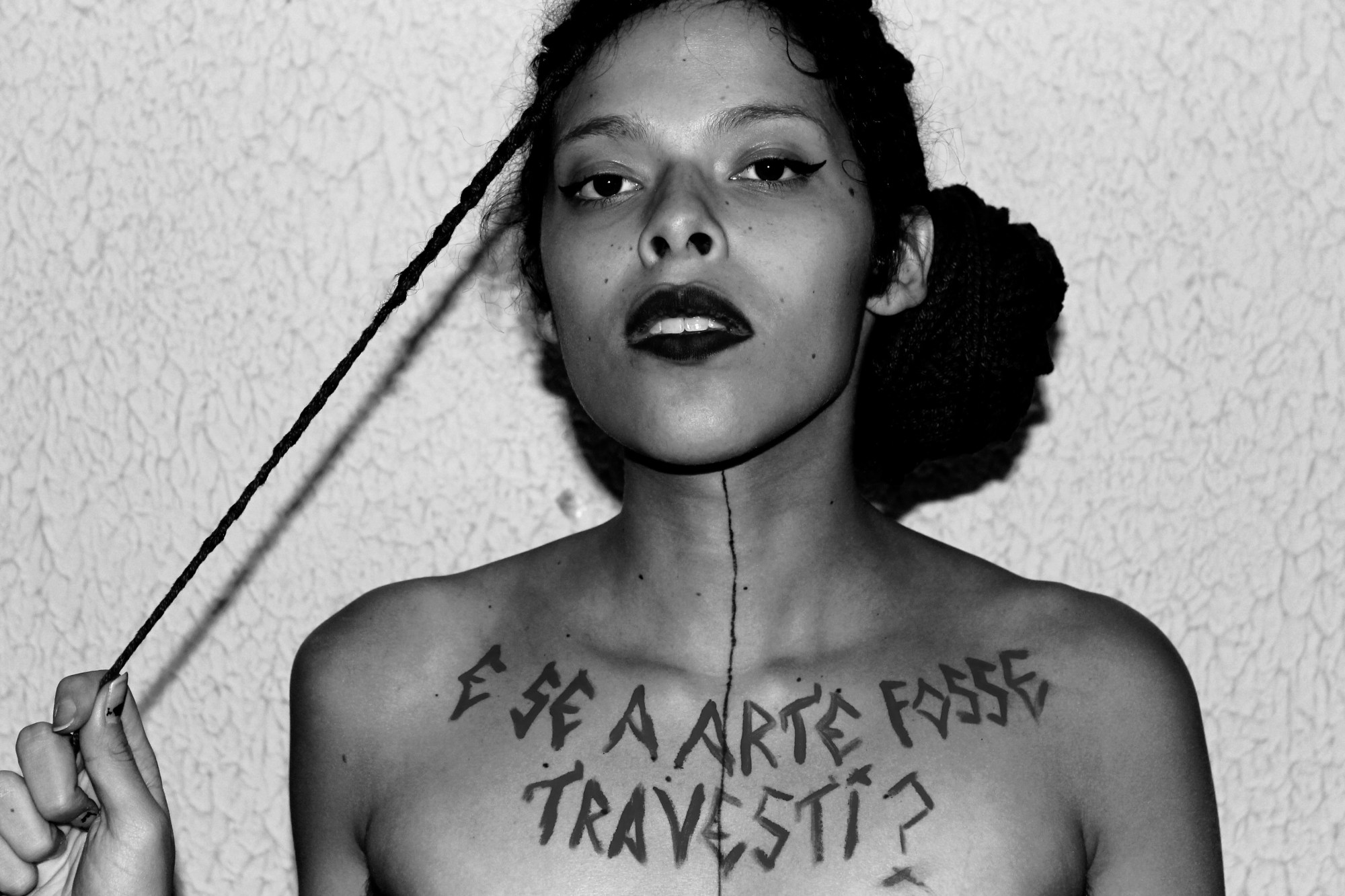As the general elections loom, Brazil is facing unprecedented pressure from conservative and evangelical groups, reinforcing a violent wave of racism, homophobia, and transphobia. The artistic community is no exception, with a number of exhibitions and manifestations recently being the subject of censorship and attacks.
Last September, the queer art exhibition Queermuseu was abruptly shut down a month before schedule, following a campaign by right-wing protestors. The show, displayed at the Santander Bank’s cultural centre in Porto Alegre, featured over 260 works from well-known Brazilian artists, including the late Lygia Clark as well as more emerging ones like Daniel Lie and Cibelle Cavalli Bastos.
Weeks later, another controversy erupted after a video of a performance by the Brazilian choreographer Wagner Schwartz went viral on social media. In the footage, Schwartz is seen lying still and completely naked on the floor during an opening at São Paulo’s Museum of Modern Art, while the audience — including a 4-year-old girl, accompanied by her mother — is invited to interact with his body. In both instances, right-wingers and evangelists accused the work of promoting pedophilia, blasphemy, and bestiality, and curators were summoned to an inquiry in the Brazilian senate.
“We’re facing a rise of conservative and obscure politics,” the Brazilian curator and art critic Paula Alzugaray tells us over a cup of strong espresso at SP-Arte, the country’s premier art fair, where she was chairing a panel on gender politics. “That’s why I think the work of these artists is so important.” The fair opened only days after Luiz Inácio Lula da Silva, the former president and leftist front-runner, was sentenced to jail for alleged corruption (an arrest identified as a coup by many of his supporters).
Unsurprisingly, queer artists and activists across the country are fighting back. The Queermuseu will be remounted in June at Parque Lage in Rio, following a record-breaking crowdfunding campaign which raised over $200,000 USD (funds will be used to produce the exhibition as well as educational programs). Meanwhile, artistic and grassroots initiatives continue to develop with increased fervour and visibility.
We spoke to some of the leading voices behind the movement about diversity, freedom of speech, and resistance. Here’s what they have to say.
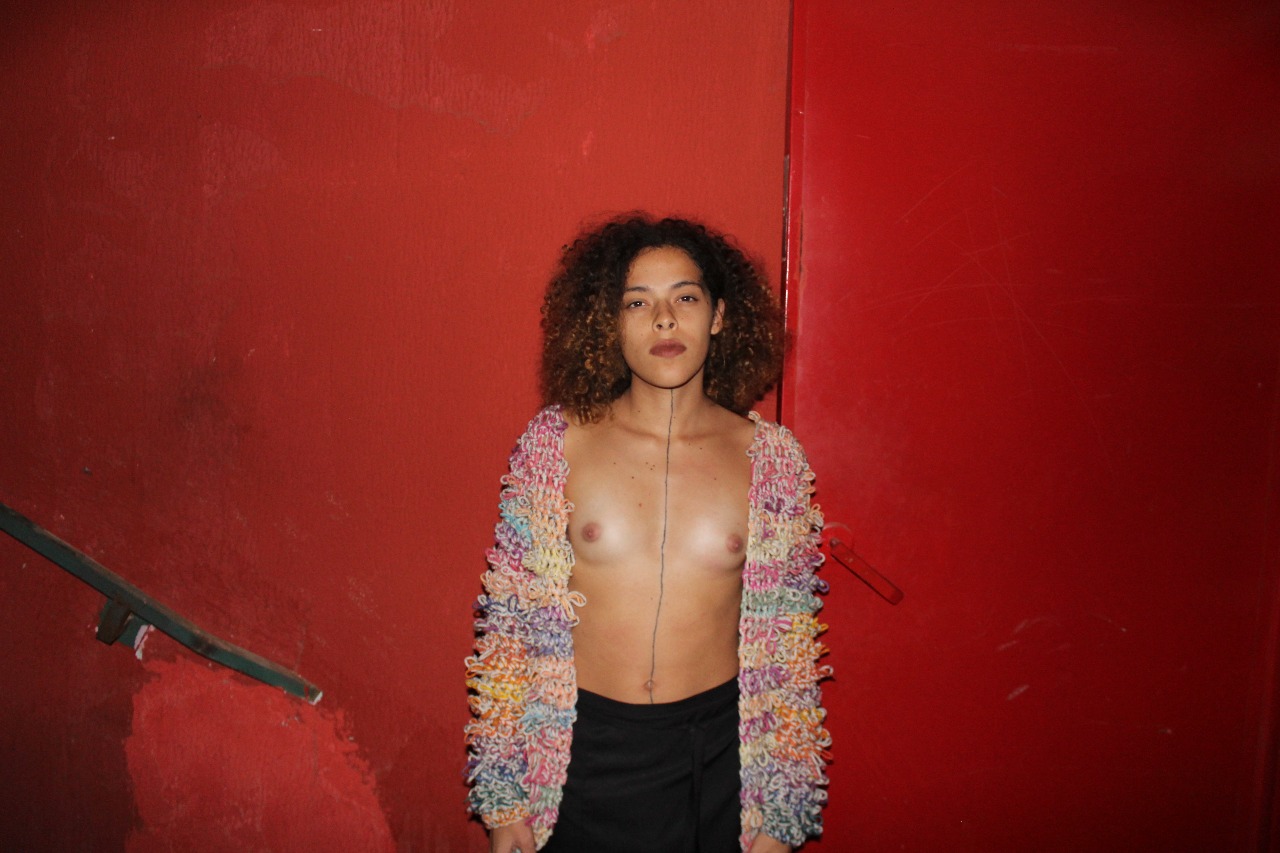
Rosa Luz: artist, musician, YouTuber, and trans activist
“It’s very hard to be LGBTQ in Brazil. There’s a lot of prejudice about our bodies, and how we should behave. Brazil has the highest transgender homicide rate in the world. We don’t have enough spaces to express ourselves, and in order to have these spaces we have to fight; it’s not easy. A lot of the time, we just lose the strength to fight. About 90% of trans women and travestis [person assigned male at birth who has a feminine, transfeminine, or “femme” gender identity] in Brazil are in prostitution right now. There are no other options. Once I disclose that I’m transgender, I can’t get any work. For me, my YouTube channel was the last option before prostitution, and it’s working, but I’m an exception. Politicians don’t represent my community: they don’t represent black, trans people from the ghetto. I don’t believe in them, and I don’t think anything will change. I’d like a black president. A black, female president.”
@rosadobarraco
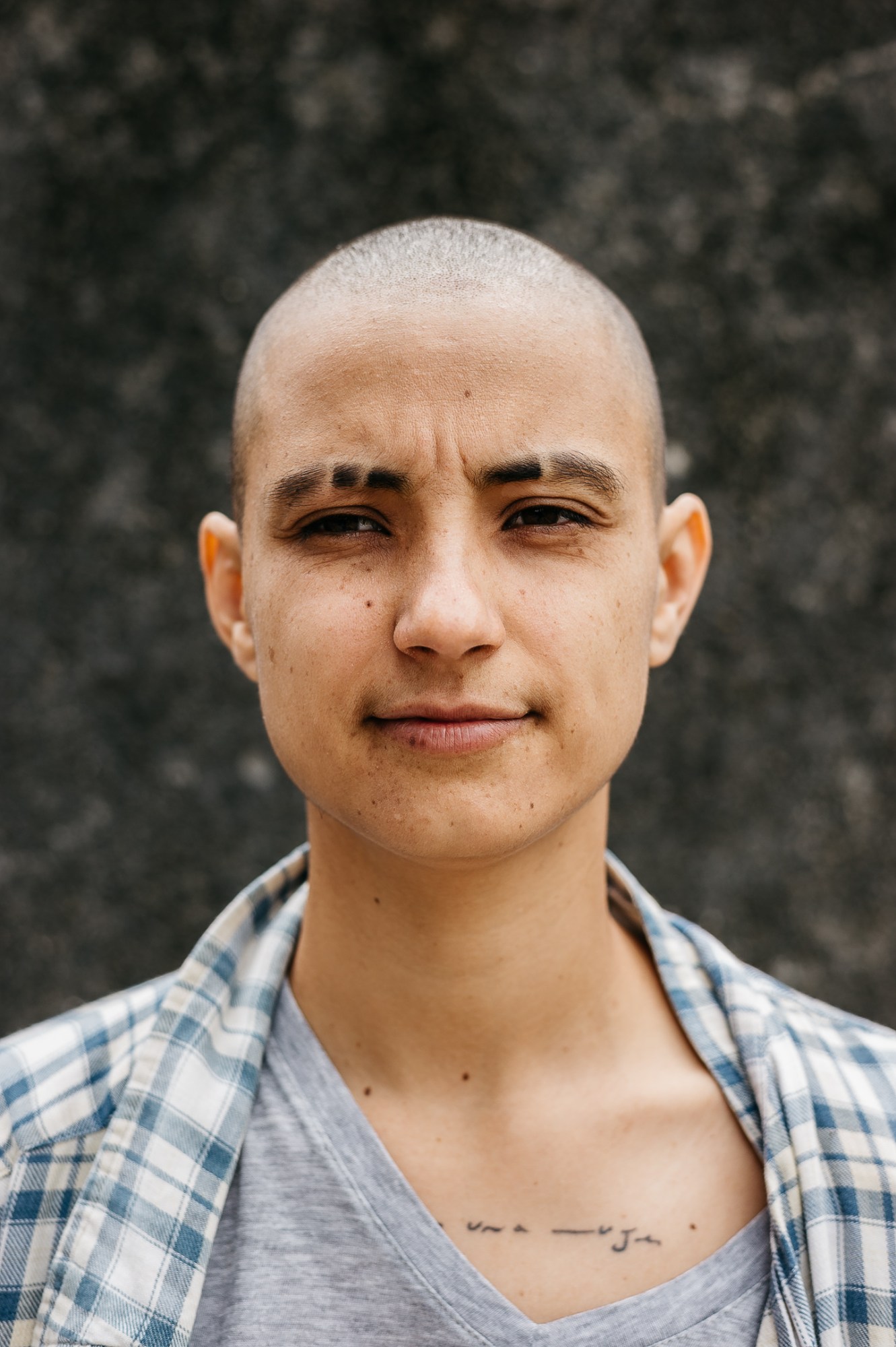
Ariel Nobre: artist, trans activist, and diversity consultant
“I feel that we’re living a war. The conservatives are trying to recreate the environment of the 70s and 80s, during the dictatorship. But it’s another society now, and they don’t realise that. The elite doesn’t accept that black people are in universities, that transgender artists are in museums, that the poor have more access. They can’t accept that we can speak for ourselves. I have my own consulting company, and I work with powerful people. We’ve had some victories, in different fields. Two months ago, the Supreme Court ruled that transgender people can now be recognised according to their self-determined gender, without the need for surgery. It’s amazing, and we’ve fought for this, but there are many other civil rights we still have to fight for.”
@projetoprecisodizerqueteamo
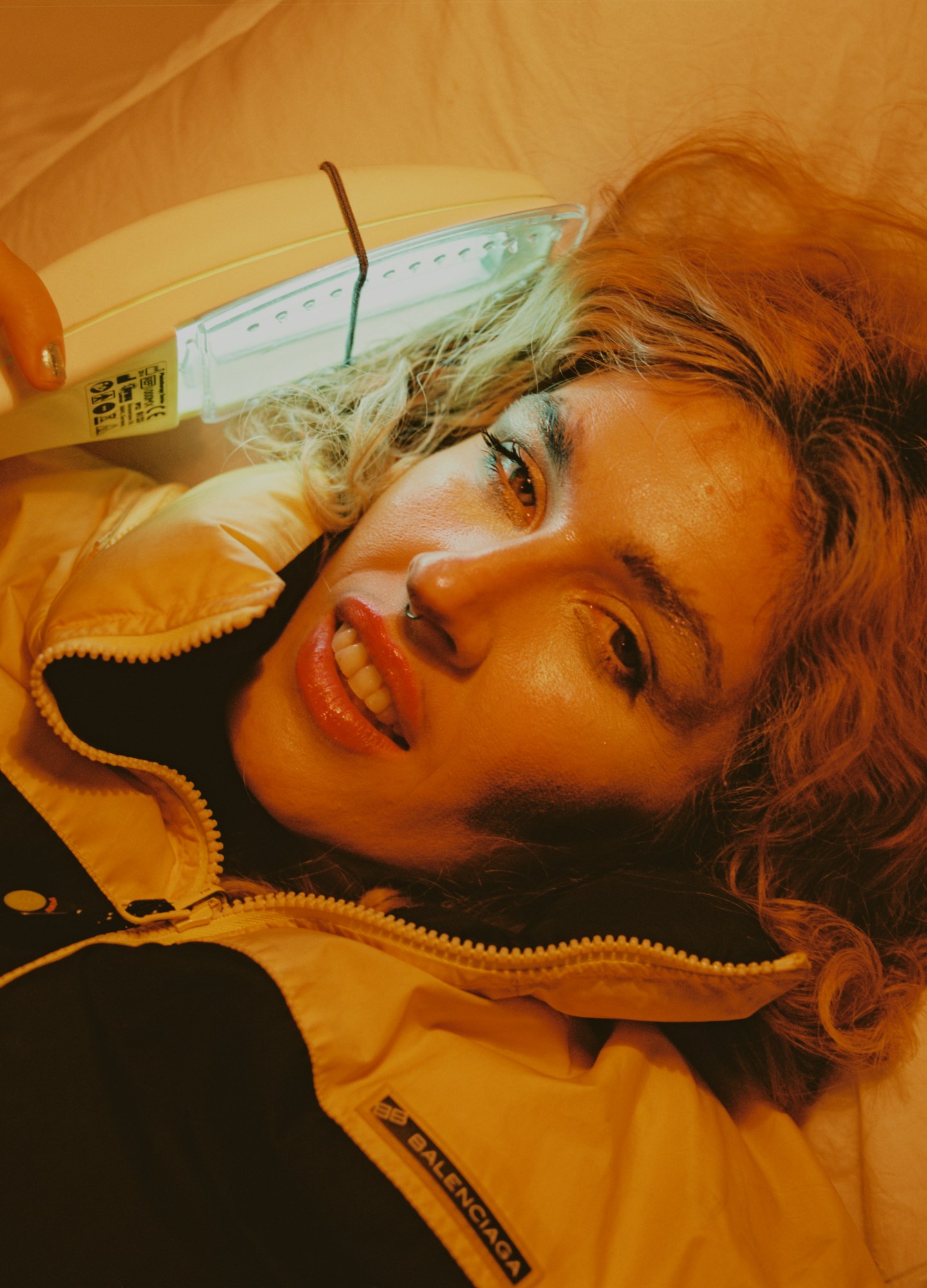
Cibelle Cavalli Bastos: artist and theorist
“The nub of the problem is the toxic masculinity in everyone’s socialization and it being upheld by the patriarchal system, which the conservatives fear they will lose. That toxic masculinity carries a lot of violence, because of a lack of emotional ability to deal with change, or anything that would be against all of their current knowns. As we [the queer, feminist community] progress, the right wing is getting really fucking desperate, because everything that they know as stable is going, and they’re blaming us. They’re taking extreme measures to keep their privileges in place, even if it’s to their own detriment and to that of the planet. We have a saying here in Brazil: Não passarão — ‘they shall not pass.’ I’m done with racist, sexist, transphobic, homophobic, classist cis men in power, living and acting without checking themselves. It’s fucked up. We can’t accept this anymore, and I think a lot of artists feel the same way, otherwise we wouldn’t be making the work that we make.”
@aevtarperform
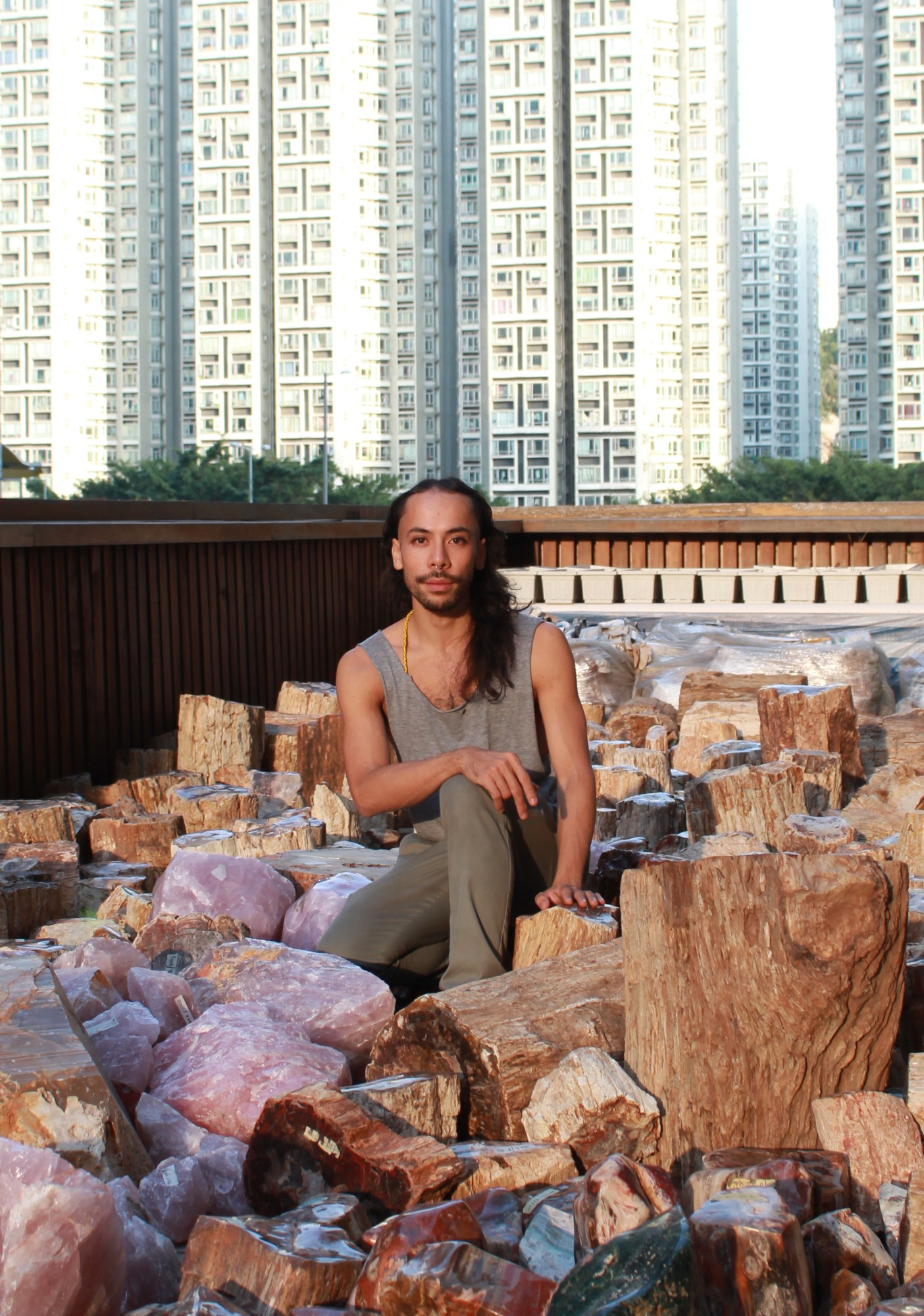
Daniel Lie: artist
“We’ve always lived in a kind of Dystopia. Brazil, a country that was originated with the genocide of indigenous people by european colonizers, mistreats female bodies with machismo, enslaved African populations, and was the last country to abolish slavery (over 50% of Brazil population is black). It’s a deeply patriarchal, colonised society, so it’s not surprising to me that, by extension, Brazil has the highest transgender homicide rate. For artists, to propose anything outside of the cultural norms and outside of artistic standards, is always a risk. We’ve been seeing an increase in fascist attitudes, and art being attacked feels like a backlash of the dictatorial period, which until 1985 generated a lot of violence with loads of censorship. But to be unapologetic about our queer existence and to believe in the power of imagination to create alternative realities, is like our scream for freedom.”
@dacostalie
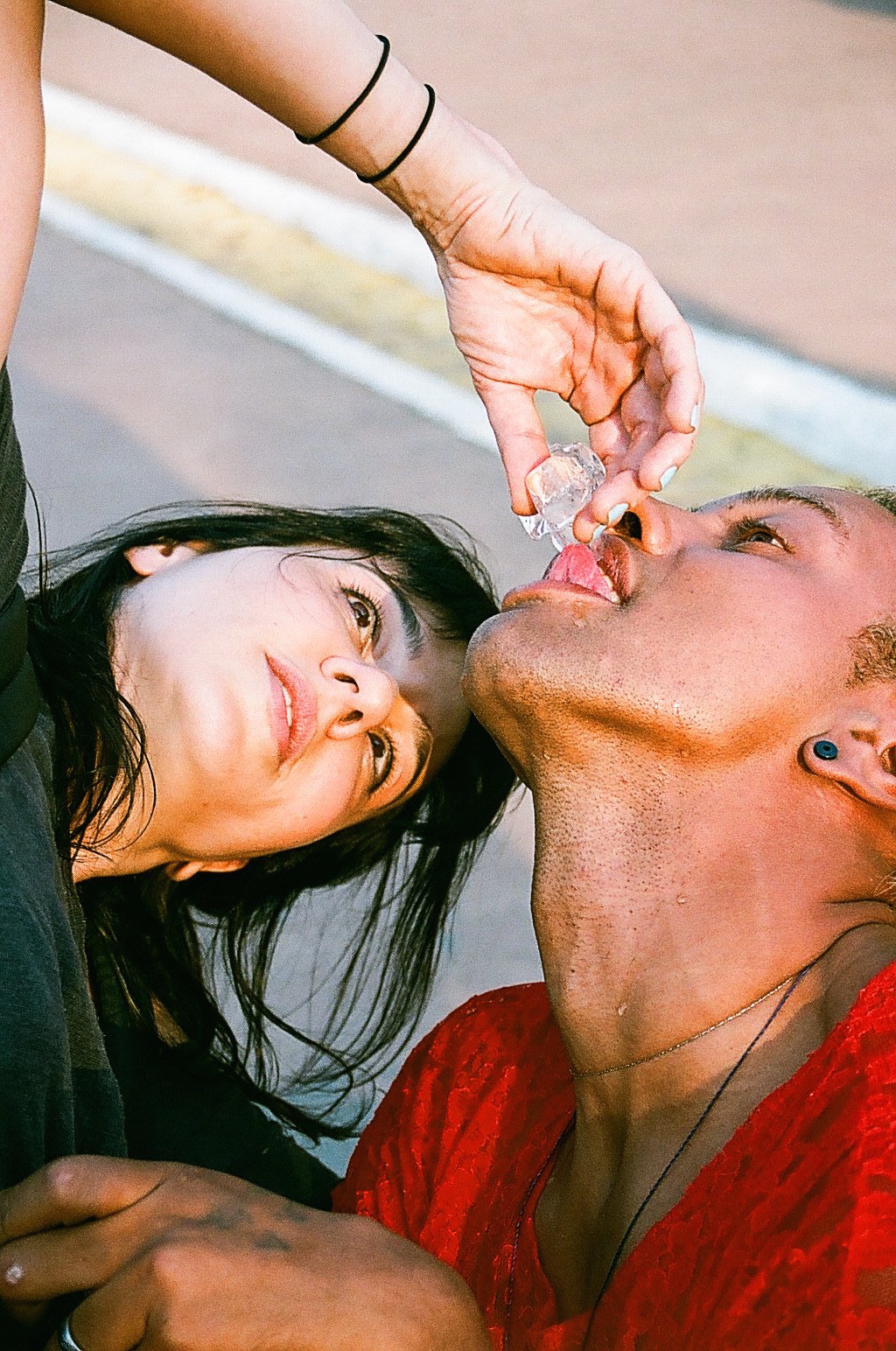
Coletivo MEXA: queer and social activism group
“We feel angry, but we can’t get out of here. We want to fully experience the here and now – not because we have hopes – but because the only thing that seems possible right now is to stick together. In this Brazilian eternal ‘imperfect future,’ discrimination and violence don’t stand by a [specific] political party. All rights can be raffled in the name of governability. To the right and to the left. Things explode as controversies, but the political structures are almost always the same. We live the fragility of this moment and want to propose research initiatives towards understanding our power within this fragility.”
@coletivoMEXA
